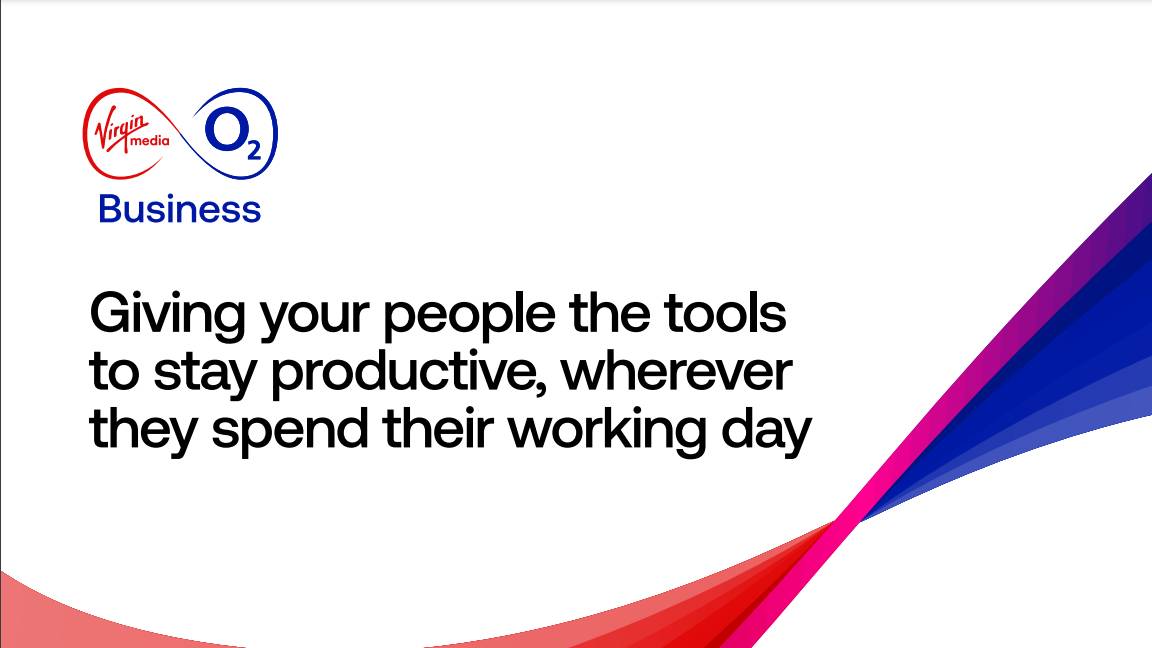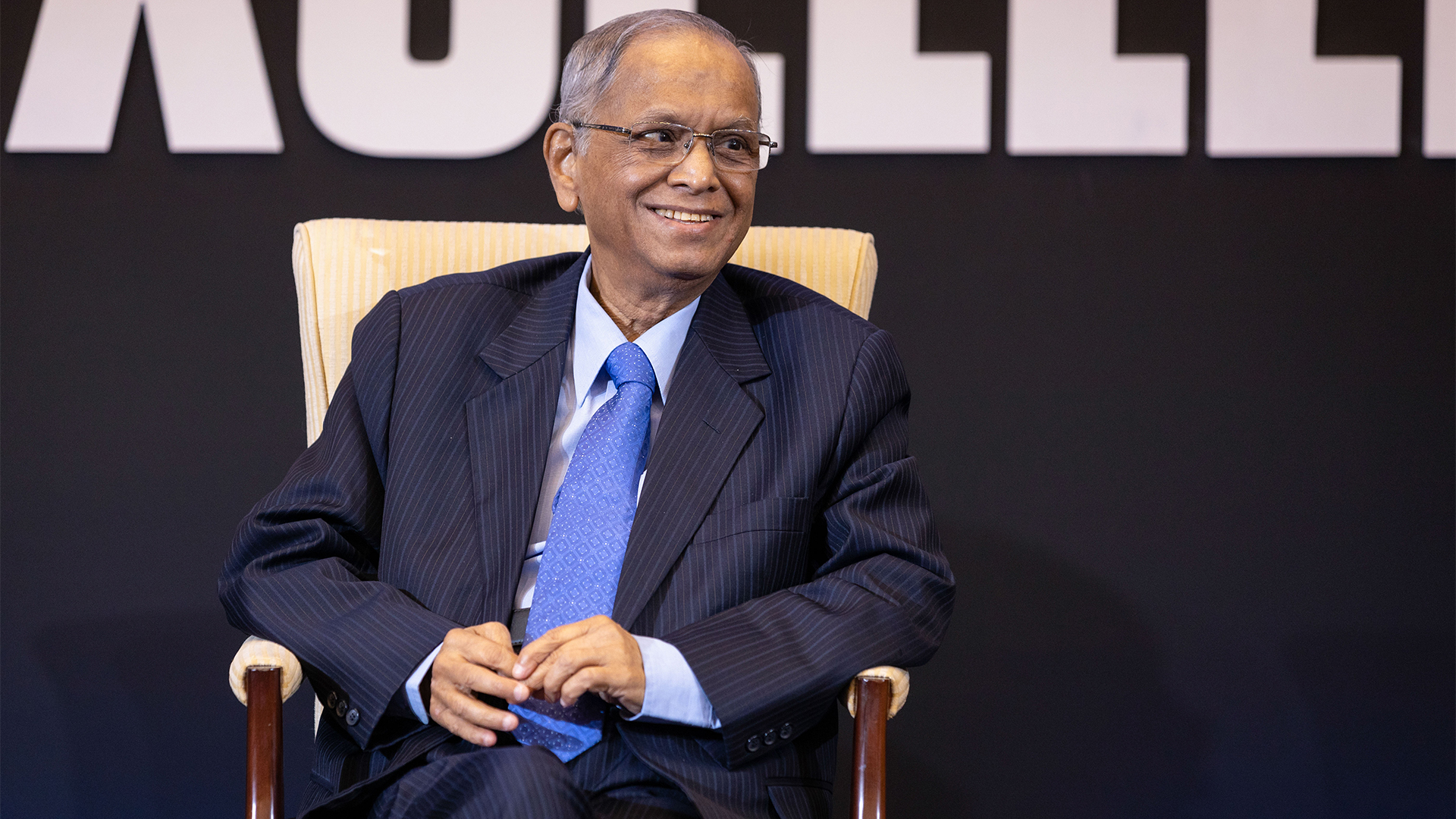Employees are dead set on flexible working arrangements – three quarters would turn down a role that didn't offer hybrid options as work-life balance becomes more important than pay
Two new surveys reveal that hybrid working is a prime consideration when looking for or staying in a job


Work-life balance has become more important than pay when choosing or staying in a job, according to two new reports.
A recent survey by Randstad found that 83% of workers view flexible working options as their primary consideration ahead of job security and salaries.
Nearly half of the respondents said they had advocated for better working conditions, and a third said they'd actually left a job due to the lack of flexible work options.
"Many expected the challenging economic conditions of 2024 to temper talent expectations, but the Workmonitor shows the opposite has occurred," said Randstad CEO Sander van't Noordende.
"We have seen a new baseline established with talent continuing to hold multifaceted expectations."
Nearly three-quarters of workers said they'd be willing to take a cut in salary in return for a four-day work week, and 76% said they'd do the same for flexible working hours.
The report found that half of UK workers are now working flexibly, with most wanting to be in the office around three days a week and three-quarters saying they prefer hybrid work.
Sign up today and you will receive a free copy of our Future Focus 2025 report - the leading guidance on AI, cybersecurity and other IT challenges as per 700+ senior executives
Notably, the report showed not all employers share the same views on the topic of flexible and hybrid working. Employers’ reasons for getting staff back into the office include improved collaboration and innovation and strengthening relationships between colleagues.
These three issues have been frequently cited by employers when implementing return to office mandates over the last year. Enterprises have also cited productivity improvements as a key motivation behind RTO mandates.
However, van't Noordende said employers need to be flexible if they're to keep the best staff.
"For today’s talent, the significance of work is complex and needs to be personalized. They are setting the terms on what truly matters to them as individuals and within their communities," he said.
"Successful businesses are those that will adapt and adjust to this new talent baseline. The solution lies in empowering our key resource: people."
Research from the University of Pittsburgh last year highlighted the risks of failing to offer flexible working, as well as the pitfalls of RTO mandates. The study found firms that implement strict working practices frequently experience ‘brain drain’, with many losing their most senior and experienced employees.
Workers are setting stricter boundaries
Ranstad’s study found employees are finding techniques to try and set stricter boundaries with their work.
These include clock blocking - blocking off times in their calendars to avoid meetings that could extend beyond their designated work hours.
Nearly six-in-ten millennials confess to doing this, along with 22% of Gen Z employees and 16% of Gen X workers.
Similarly, four-in-ten workers said they engage in coffee badging - starting their day with a few hours at the office before heading home to finish their work remotely.
Interestingly, 54% of those who have been caught doing it said their employers weren't bothered.
Workers aren't budging on flexible work
Ranstad’s recent findings correlate with similar research into flexible working arrangements. A study from the Global Payroll Association found that three-quarters of workers would turn down a job that didn’t offer hybrid or remote working options.
Most respondents even said they would prefer these options to a four-day week.
More than half reckoned they were more productive working from home, with 38% saying they were just as productive as they would be in the workplace.
Meanwhile, almost three-quarters said they were more likely to go ‘above and beyond’ for their employer while working remotely, perhaps committing to earlier starts or working later into the evening.
RELATED WHITEPAPER

"It’s clear that a flexible working arrangement is now a key requirement in the eyes of many UK workers, so much so that no less than three quarters would now avoid applying for a role that didn’t offer some degree of flexibility," said GPA CEO and founder Melanie Pizzey.
"So whilst there may be a case to prove with respect to the impact remote working can have on productivity, it certainly seems that those firms who completely eradicate it from their professional offering could seriously reduce the talent pool on offer to them when it comes to hiring."
Emma Woollacott is a freelance journalist writing for publications including the BBC, Private Eye, Forbes, Raconteur and specialist technology titles.
-
 What is Microsoft Maia?
What is Microsoft Maia?Explainer Microsoft's in-house chip is planned to a core aspect of Microsoft Copilot and future Azure AI offerings
-
 If Satya Nadella wants us to take AI seriously, let’s forget about mass adoption and start with a return on investment for those already using it
If Satya Nadella wants us to take AI seriously, let’s forget about mass adoption and start with a return on investment for those already using itOpinion If Satya Nadella wants us to take AI seriously, let's start with ROI for businesses
-
 Lisa Su says AI is changing AMD’s hiring strategy – but not for the reason you might think
Lisa Su says AI is changing AMD’s hiring strategy – but not for the reason you might thinkNews AMD CEO Lisa Su has revealed AI is directly influencing recruitment practices at the chip maker but, unlike some tech firms, it’s led to increased headcount.
-
 Keeper Security expands federal bench with latest senior hires
Keeper Security expands federal bench with latest senior hiresNews The security vendor has bolstered its federal team to support zero-trust access, operational execution, and government modernization efforts
-
 HackerOne eyes enterprise growth with double C-suite appointment
HackerOne eyes enterprise growth with double C-suite appointmentNews Seasoned industry executives Stephanie Furfaro and Stacy Leidwinger have joined the cyber security vendor’s executive team
-
 Gender diversity improvements could be the key to tackling the UK's AI skills shortage
Gender diversity improvements could be the key to tackling the UK's AI skills shortageNews Encouraging more women to pursue tech careers could plug huge gaps in the AI workforce
-
 Global IT spending set to hit a 30-year high by end of 2025
Global IT spending set to hit a 30-year high by end of 2025News Spending on hardware, software and IT services is growing faster than it has since 1996
-
 Tech consulting market tipped to surpass $400bn in global revenue in 2026
Tech consulting market tipped to surpass $400bn in global revenue in 2026News A new report from Source Global Research reveals an increased appetite for tech consulting services as businesses look to upgrade hardware and tools
-
 Infosys co-founder Narayana Murthy called for a 70 hour week last year — now he says that’s not enough
Infosys co-founder Narayana Murthy called for a 70 hour week last year — now he says that’s not enoughNews Murthy thinks longer hours akin to China’s '996' approach are the key to success
-
 Chief data officers believe they'll be a 'pivotal' force in in the C-suite within five years
Chief data officers believe they'll be a 'pivotal' force in in the C-suite within five yearsNews Chief data officers might not be the most important execs in the C-suite right now, but they’ll soon rank among the most influential figures, according to research from Deloitte.
